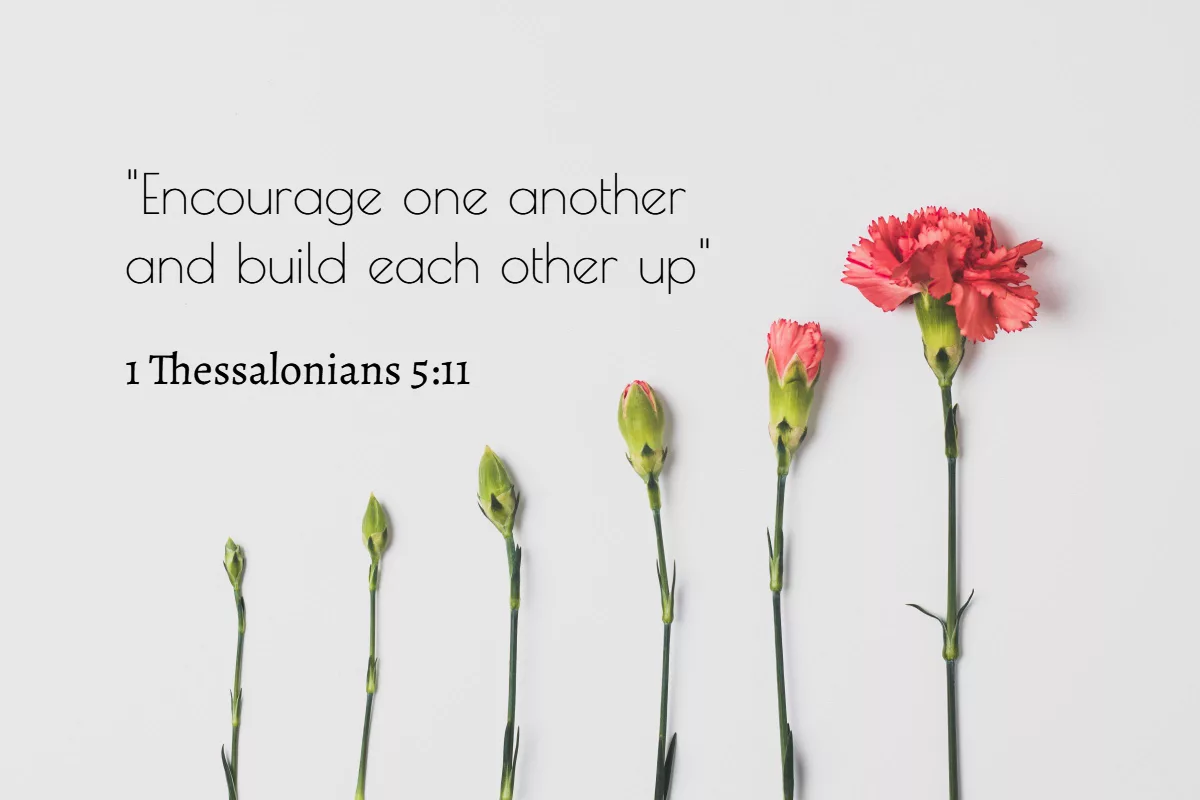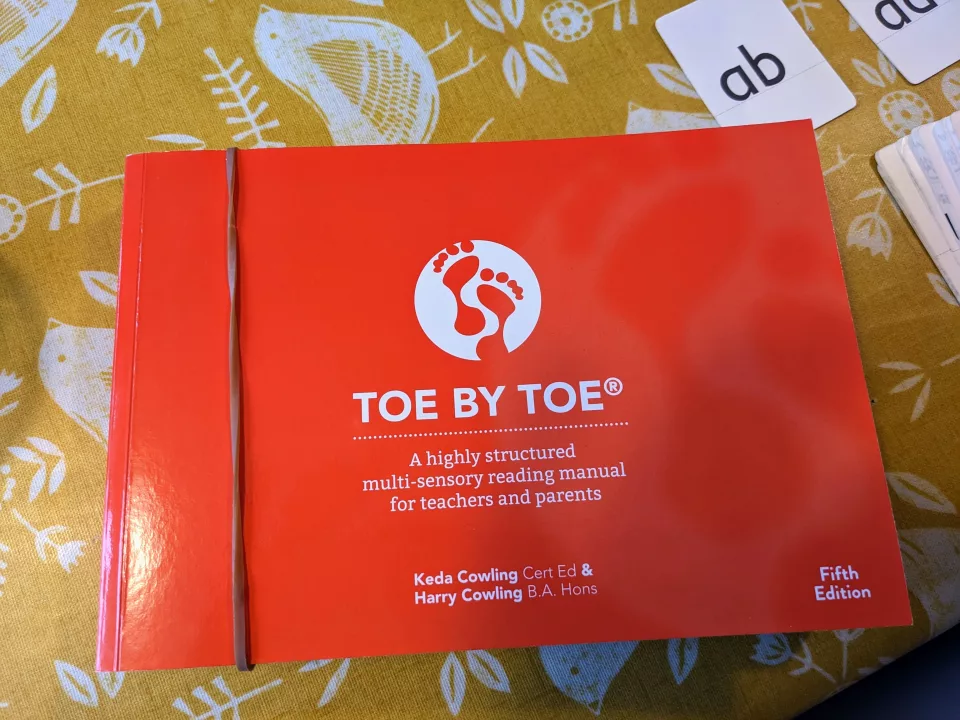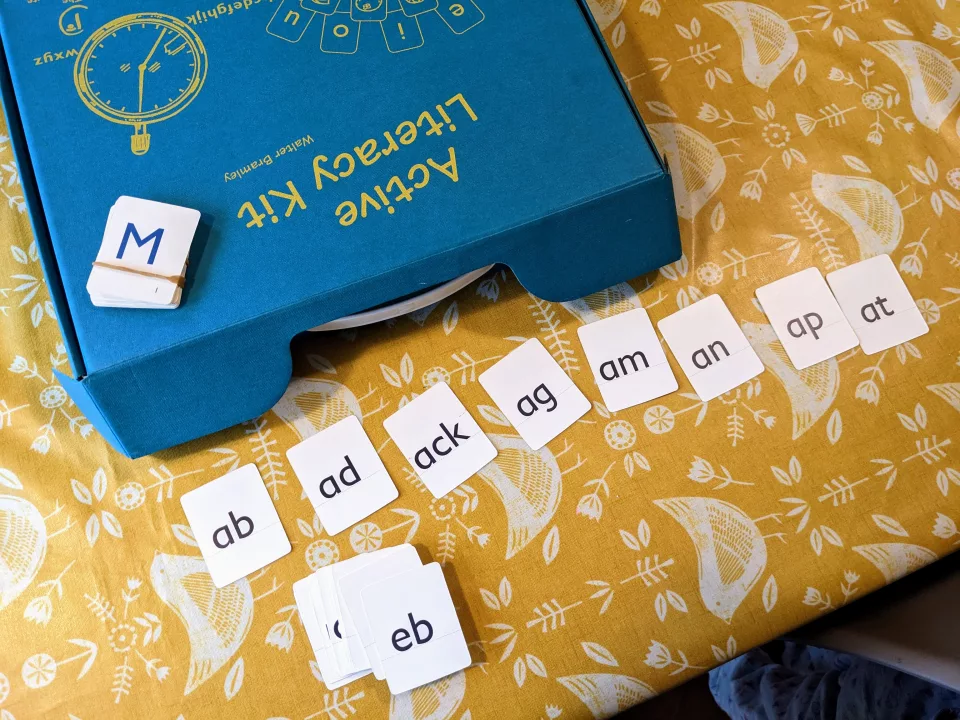
What’s in a Word: Encouragement
One of the most positive ways in which we can use our words, is to encourage others.
Therefore, this is the first topic I would like to look at in this blog series – What’s in a Word?
I’ll be exploring the following: (1) what encouragement actually is, (2) how we can get better at it, and (3) what it looks like in action.
In thinking about this topic, I’ve been drawn to Joseph, from the book of Acts.
Joseph was so gifted at encouraging others, that those who knew him best, named him “Barnabas”, which literally translates: ‘Son of encouragement’ (Acts 4:36).
But first, what is encouragement?
The Cambridge dictionary defines encouragement as “to make someone more likely to do something” or “to talk or behave in a way that gives someone confidence to do something.”
The right words, spoken at the right time, can inspire and give courage to those around us. Our actions can have a similar impact too.
The apostle Paul knew first-hand how powerful encouraging words could be, which is why, dotted through his letters in the New Testament, are reminders to encourage one another (e.g. 1 Thessalonians 5:11).
But knowing the right words to say at the right time is not that simple. Is there a way we can get better at this?
This is where I think Barnabas can help us.
Acts 11:24 describes him as ”a good man full of the Holy Spirit and faith”.
The Holy Spirit
It is not easy to know how our words will affect other people, or which words to choose, when we want to encourage someone.
Encouragement can often be as simple as saying positive things like, ”thank you for your hard work” or ”keep it up”. But some people, in some circumstances, might need to hear a harder word, to give them the courage they need.
One of our children can, in certain circumstances, get into a state of panic and upset. I noticed that when I tried to comfort them with a hug or gentle words, it seemed to make them more upset and less able to function. But when I spoke severely to them, they snapped out of it. Somehow, it gave them the courage to cope with the situation they were in.
I should say, there are still lots of times that they get hugs and gentle words! I am not always severe (at least, I hope not). But there are some situations where that is what they need.
Interestingly, I have another child who, if I speak severely to them in a similar situation, they consider it a standoff, dig their heels in, and become even more withdrawn. Sound familiar?
There is no one size fits all when it comes to our words. Not even with children in the same family.
Words are a bit like seeds. It is difficult to know how they will grow, and what they will grow into, once you scatter them – unless you are an expert that is.
The Holy Spirit is such an expert.
He knows each human heart, and exactly what words will find a home, and grow into something healthy and helpful. He also knows which words will be like weeds, choking what is good and beautiful.
Barnabas was full of the Holy Spirit, who guided him in all his words and actions. The good news is: we can be full of the Holy Spirit too. God has promised to give the Holy Spirit to those that ask him (Luke 11:13).
Faith
Barnabas was also full of faith.
The Holy Spirit can guide us in what to say, but it won’t do much good, if we don’t trust him, and actually say what he is prompting us to!
Like Barnabas, we must be full of faith, acting on God’s word and trusting him for the outcome.
Sometimes, encouraging people can be a bit scary. We might embarrass ourselves, cause an awkward moment or feel like we’ve messed up our words. But God can still use our speech, even if it is slightly jumbled, or followed by an awkward silence.
Often, we won’t see the outcome of the words we say. But we can trust that, if we have been guided to say something, it will be used for good. Regardless of how uncomfortable saying it might have felt.
Occasionally, there are times when words people have said to me have given me courage years later. No one could have known how those words would impact me… except God.
What does encouragement look like?
In Acts 11:22, Barnabas was sent to a growing church in Antioch, to encourage the Christians there.
Acts 11:23 says “When he arrived and saw what the grace of God had done, he was glad and encouraged them all to remain true to the Lord with all their hearts”.
Gladness
When Barnabas arrived in Antioch and saw what the Christians were doing, he was glad. Often, the attitude with which we speak our words, is as important as the words themselves. Genuine gladness is difficult to fake. But when someone is gladdened by what we have done, it can be very motivating.
However, are we always glad when we see people doing good things for God?
It can be easy to become introverted, comparing ourselves to others, and worrying that we’re not doing enough, or even to become jealous that God has gifted another person and not us. Instead of being joyful, we can become bitter.
If we do feel that way, we ought to examine our hearts, say sorry to God, and ask him to change our attitude, so we can better encourage his people.
Perseverance
Barnabas encouraged the church in Antioch to remain true to the Lord with all their hearts.
Being full of faith for a day is not so difficult. We might start a day with reading the Bible and prayer, go on to give up some of our time to help others, maybe support them with our resources also. If we only had to do this for one day, most of us probably could. And we could probably do it sincerely and even joyfully.
However, persevering in the same way, day after day, is much harder. Life creates pressures on our time that can squeeze out prayer, Bible reading, and our support of others.
Another risk is that, even if we keep doing these things daily, they can become mere joyless duties that we think we ought to fulfil.
That is why we need reminders to keep going with our whole heart. If you have said something encouraging to somebody in the past, do continue to encourage them, because we all need help to persevere.
The outcome
Under Barnabas’ encouragement, the Christians did not just remain true to the Lord, but many more people in Antioch believed the Gospel and turned to the Lord too.
When we encourage the people around us, the impact can be more far-reaching than we can imagine.
In preparation for this blog, I read an article that suggested we try to encourage at least one person each day. I thought it seemed like a good strategy to get into the habit of prayerfully thinking about who might need our encouragement, and acting on it.
So, who will you encourage today?
Encouragement for a struggling reader
One of our children was struggling with their reading and I was at a bit of a loss as to how best to help them.
A friend recommended ‘Toe by Toe’. Having spent some time looking into it, and getting an additional recommendation from my cousin, we started the book in January.
We spend 10 minutes a day on the ‘Toe by Toe’ book, and 10 minutes doing activities with flashcards, from a set leant to me by a lady in our church.
Slowly, it has been building our child’s confidence, and their reading has improved quite a lot over the last couple of months.
Often, the best kind of encouragement is small and frequent.



2 Replies to “What’s in a Word: Encouragement”
Really key area for consideration – how to encourage people? –
I like to encourage people into the idea that they CAN do things they thought they could not. However too much encouragement can create a belief that people can do things when in fact they cannot yet do so, creating another set of problems. Focusing on possibilities with regular check-ins that objectively test one’s actual progress is a good combination. Let the possibilities be high enough to inspire and let the check-ins be practical enough that one doesn’t get ahead of oneself. And don’t forget to readily celebrate! 🙂
Thank you for your helpful insights and practical suggestions – and it is great to hear how much you like to encourage others. 😀